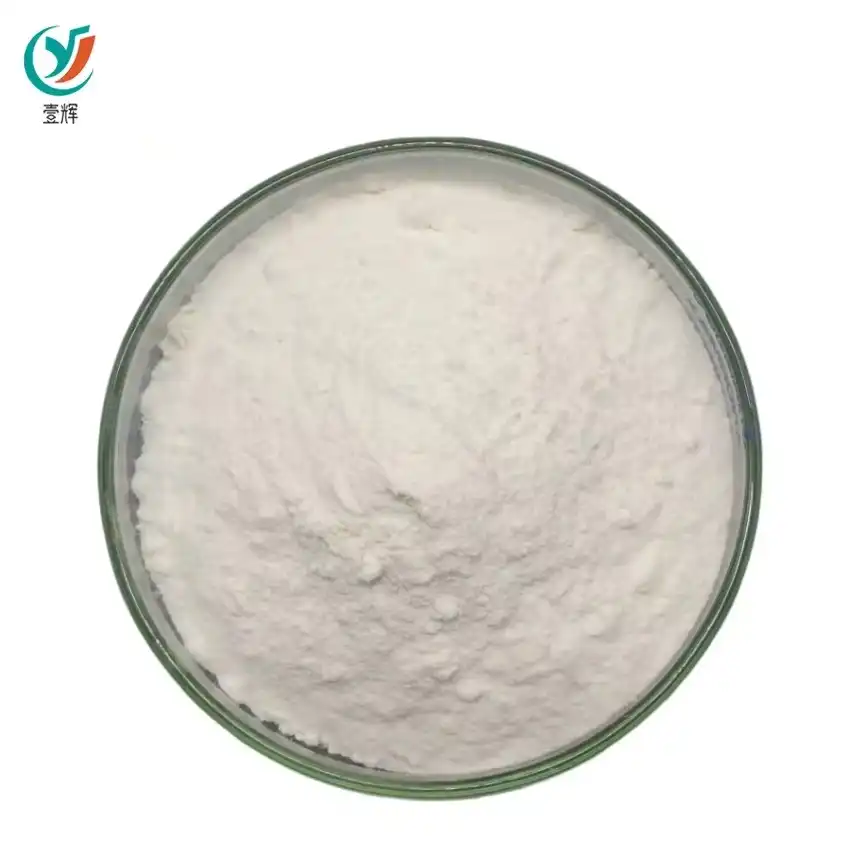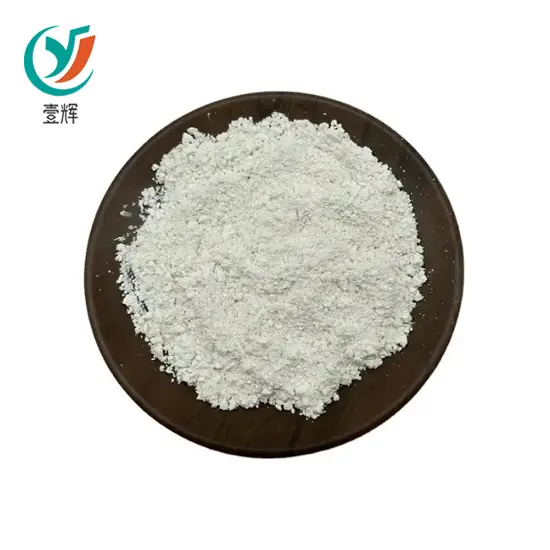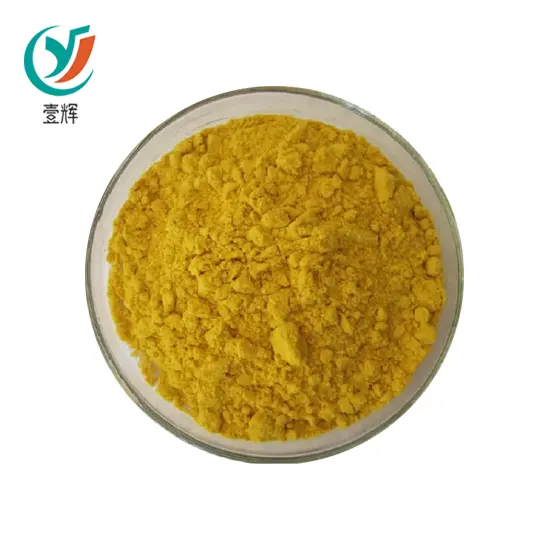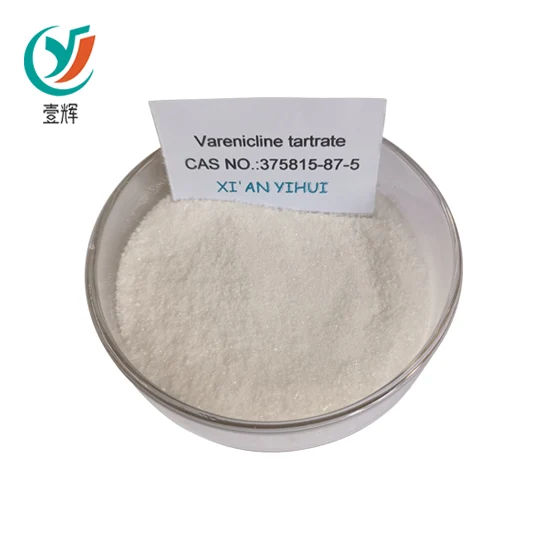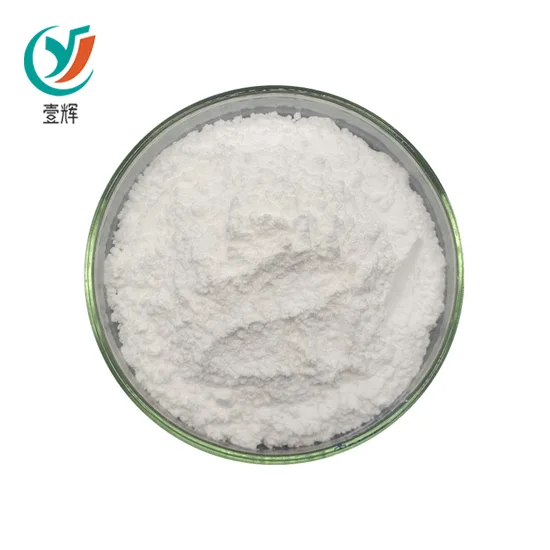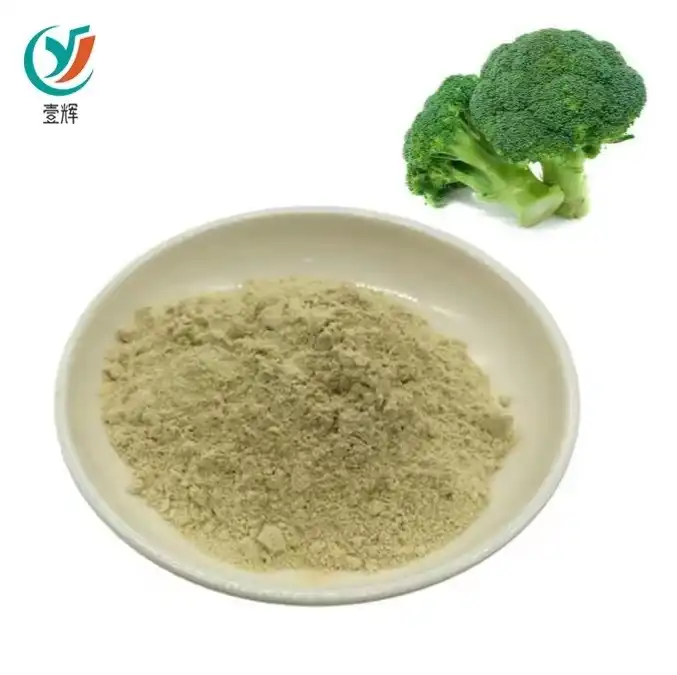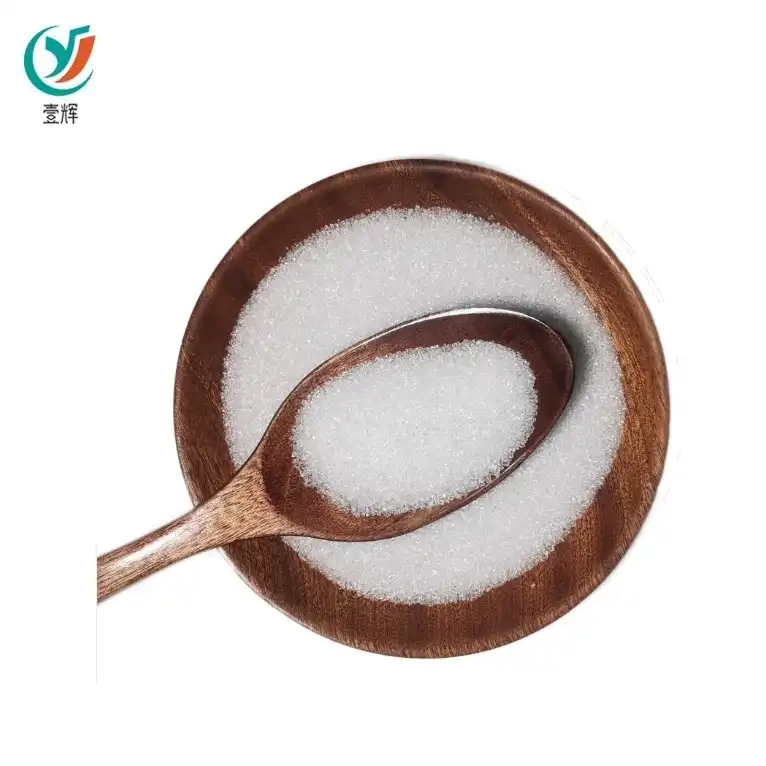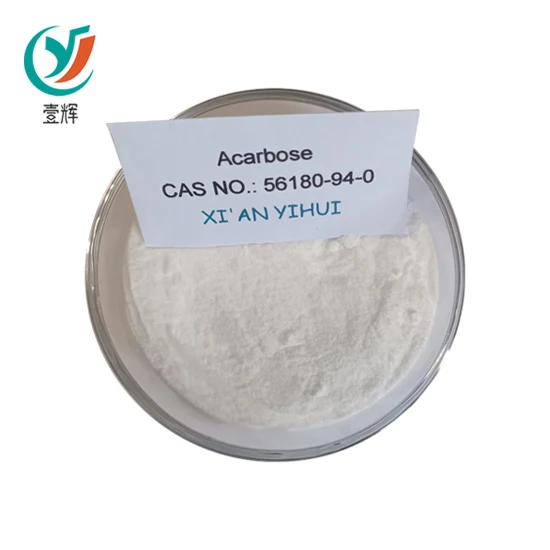What Is Considered A Dietary Ingredient?
2024-05-06 10:09:00
Introduction
When it comes to understanding nutrition and what we put into our bodies, it''s important to know what dietary ingredients are. The term may seem simple, but there are many factors that play into what qualifies as a dietary ingredient. In this article, we''ll explore what is considered a dietary ingredient and its importance in our day-to-day lives.
What qualifies as a dietary ingredient?
According to the Dietary Supplement Health and Education Act (DSHEA) of 1994, a dietary ingredient is defined as a vitamin, mineral, herb, amino acid, or other substance that may be used to supplement the diet. The important thing to note here is that dietary ingredients are meant to supplement the diet and not replace it entirely.
Dietary ingredients can be found in a variety of products, including dietary supplements, vitamins, and fortified foods. They can also be found naturally in foods like fruits, vegetables, and proteins. There are a few key factors that determine whether a substance can be classified as a dietary ingredient.
(1).webp)
Criteria for determining a dietary ingredient
To be considered a dietary ingredient, a substance must meet the following criteria:
1. The substance must be a vitamin, mineral, herb, amino acid, or other botanical.
2. The substance must be used to supplement the diet.
3. The substance must not be an approved new drug or biologic.
4. The substance must be safe for human consumption.
Meeting these criteria is important for the safety and efficacy of dietary supplements and other products that contain dietary ingredients.
Examples of dietary ingredients
1. Vitamins: Vitamins are compounds that are essential for our health and well-being. They can be found naturally in foods like fruits, vegetables, and meats. Common examples of vitamins include vitamin C, vitamin D, and vitamin E.
2. Minerals: Minerals are essential for the proper functioning of our bodies. They can be found naturally in foods like whole grains, beans, and nuts. Common examples of minerals include calcium, magnesium, and iron.
3. Herbs: Herbs are plants that are used for their medicinal properties. They are often used in dietary supplements and other health products. Common examples of herbs include gingko biloba, echinacea, and St. John''s wort.
4. Amino acids: Amino acids are the building blocks of protein. They are essential for the growth and repair of our bodies. Common examples of amino acids include lysine, arginine, and tryptophan.
5. Other botanicals: Other botanicals include a variety of plant-based substances that are used for their health benefits. Common examples include green tea extract, saw palmetto, and turmeric.
The importance of dietary ingredients
Dietary ingredients are important for our health and well-being. They can help supplement our diets and provide us with the vitamins, minerals, and other nutrients that we need to stay healthy. However, it''s important to remember that dietary ingredients are not a substitute for a healthy diet.
When it comes to dietary supplements, it''s important to be aware of what you''re putting into your body. Not all supplements are created equal, and some may contain ingredients that are harmful or ineffective. It''s important to do your research and choose supplements that are safe and effective.
Conclusion
In conclusion, dietary ingredients are an important part of our overall health and well-being. They can help supplement our diets and provide us with the essential nutrients that we need to stay healthy. It''s important to be aware of what qualifies as a dietary ingredient and to choose supplements that are safe and effective. By doing so, we can ensure that we''re getting the right nutrients to support our health and well-being.
Send Inquiry
Related Industry Knowledge
- Benefits of Camostat Mesilate in Digestive diseases
- The part of Acamprosate Calcium API in Alcohol Dependence Treatment
- Pyrantel Pamoate: Side Effects Explained
- Exploring the Health Benefits of DL-alpha-Hydroxymethionine Calcium
- What Are the Benefits of Omaveloxolone (RTA-408)?
- What are the benefits of Ginkgo Biloba Extract for memory?
- Is Abamectin Toxic to Dogs?
- What is bimatoprost used for?
- Is Ascorbyl Palmitate Safe?
- What Do Withanolides Do?


